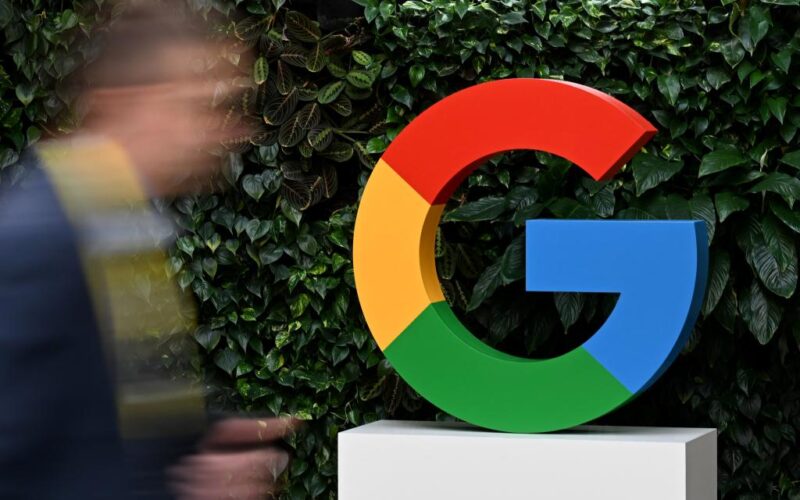Google is willing to cough up more advertising data to publishers to address concerns about its illegal monopoly over digital advertising technology, a top executive at the search giant said Tuesday.
Glenn Berntson, an engineering director for Google Ad Manager, acknowledged the potential remedy during the second week of a high-stakes antitrust trial in Virginia federal court. He was called as a witness by Google’s defense lawyers.
Providing “publishers with these detailed insights, I think, is a good idea,” Berntson said during cross-examination by the Justice Department’s attorneys, according to Bloomberg. “The specifics is something we’d have to explore.”
Google is trying to wriggle out of a more damaging forced breakup of its digital advertising empire. The DOJ has argued that Google should be required to sell its key ad exchange, AdX, to restore fair competition and protect news publishers and advertisers that rely on the system.
US District Judge Leonie Brinkema, who has final say over which remedies to implement, ruled in April that Google had violated the Sherman Act by dominating the online publisher ad server market, as well as the ad-exchange market that connects ad buyers to sellers.
The shared data could include details on how Google’s ad server determines which display ads to show – boosting transparency about the inner workings the auction system that the company uses to buy and sell ad space in real time, according to Berntston.
The DOJ has also proposed that Google make the auction process more transparent by sharing data, but Berntson testified on the stand that simply releasing source code about the auction process wouldn’t necessarily help publishers understand it.
Instead, Berntson said Google could release a breakdown explaining its digital auction process. At the same time, he admitted that larger publishers with more resources would likely want to see the source code itself.
News publishers and other Google critics have long complained that the auction process for ad sales is too opaque and leaves businesses at a loss to explain how ads are selected.
The trial’s remedy phase is expected to conclude as soon as this week. Google has vowed to appeal Brinkema’s original finding that it has a monopoly in digital advertising.
Attorneys for Google, led by CEO Sundar Pichai, said the DOJ’s proposal for forced divestiture could break the technology, causing disruption for the businesses that rely on the system to do business.
Rather than a breakup, Google has floated making the tools easier to use and more compatible with third-party tools.
However, in a key moment last week, Google advertising executive Tim Craycroft admitted under the DOJ’s questioning that the company held internal discussions about the feasibility of selling part of its ad business as recently as last year, The Information reported.
The outcome of the case represents a potential existential threat for Google, which dodged the worst-case scenario in a separate antitrust case targeting its online search business earlier this month.
In that case, US District Judge Amit Mehta shot down the DOJ’s request for a forced selloff of Google’s Chrome web browser. Instead, he required Google to share more search data with rivals.








